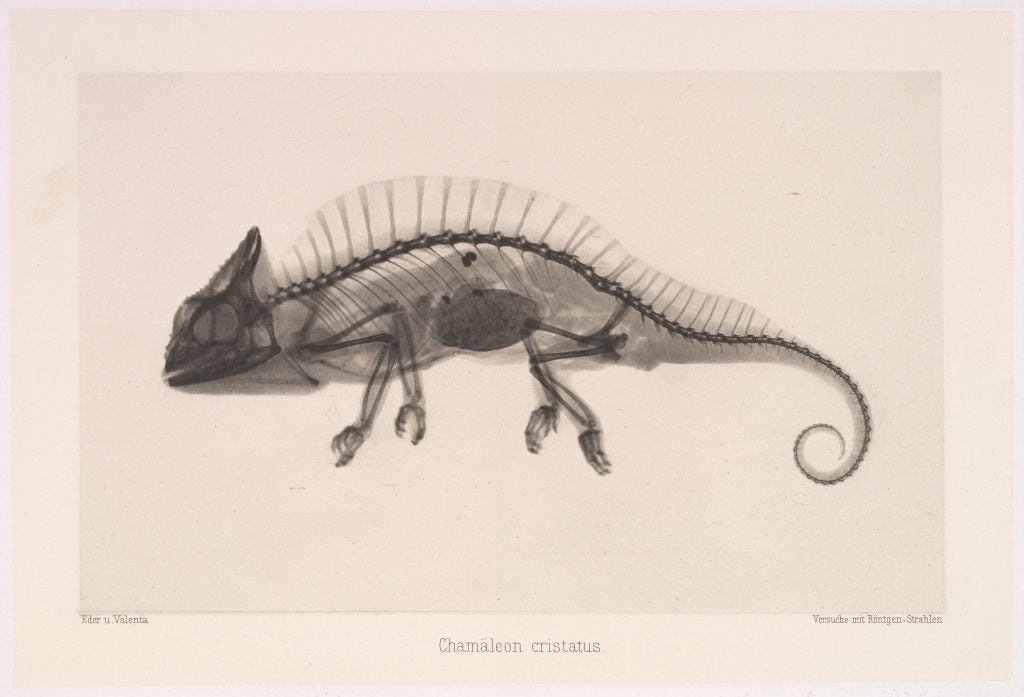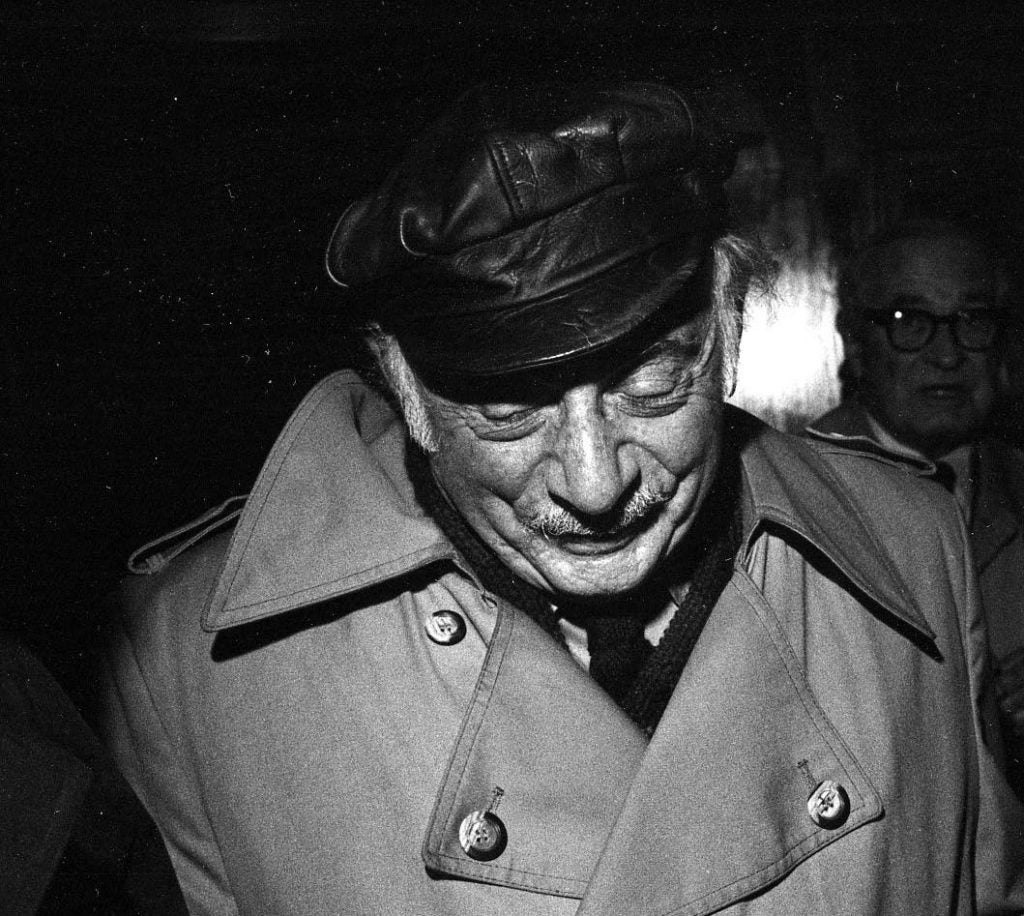Devil Always Thought Pelagius Was a Second-Rate Christian
Why I Chose It: Michigan Quarterly Review Reader David Freeman introduces Charlie Clark’s poem, “Devil Always Thought Pelagius Was a Second-Rate Christian,” from our Fall 2020 Issue. When I read Charlie Clark’s virtuosic poem, “Devil Always Thought Pelagius Was a Second-Rate Christian,” I am conflicted. To be clear, I am not conflicted about the poem’s content — it is […]
Devil Always Thought Pelagius Was a Second-Rate Christian Read More »
Why I Chose It: Michigan Quarterly Review Reader David Freeman introduces Charlie Clark’s poem, “Devil Always Thought Pelagius Was a Second-Rate Christian,” from our Fall 2020 Issue. When I read Charlie Clark’s virtuosic poem, “Devil Always Thought Pelagius Was a Second-Rate Christian,” I am conflicted. To be clear, I am not conflicted about the poem’s content — it is








